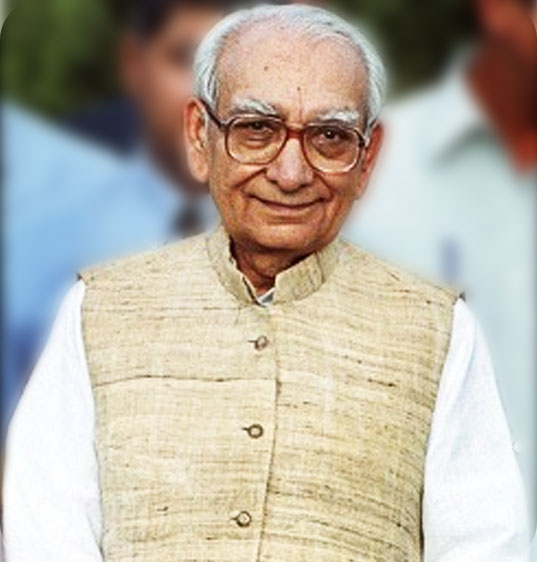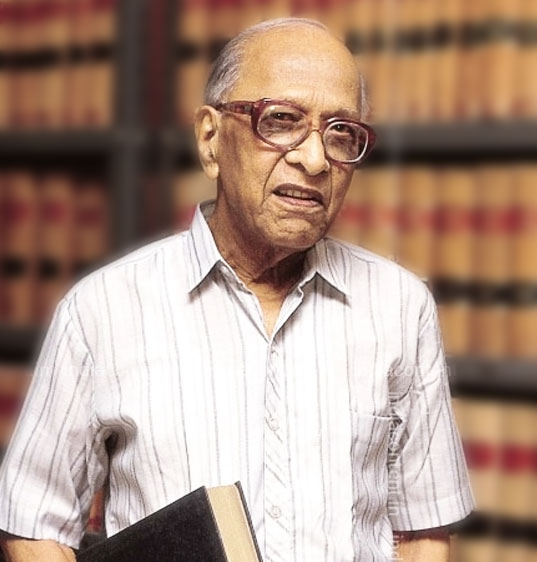About PUCL
People’s Union for Civil Liberties is the guardian of the nation’s conscience. Established under the aegis of Jaya Prakash Narayan, the PUCL has worked tirelessly over the last 30 years to protect the powerless and help create a truly democratic and just society.

CONCIOUSNESS
Increase consciousness about and commitment to human rights and civil liberties among all sections of people.

COME TOGETHER
Provide a platform for all groups and individuals to come together and further the cause of human rights.

COURTS & PRESS
Energise and creatively use existing institutions like the courts and the press, so that they may become more sensitive to the human rights situation in India.

INTERVENTIONS
Intervene directly in cases where gross violations of human rights take place.



